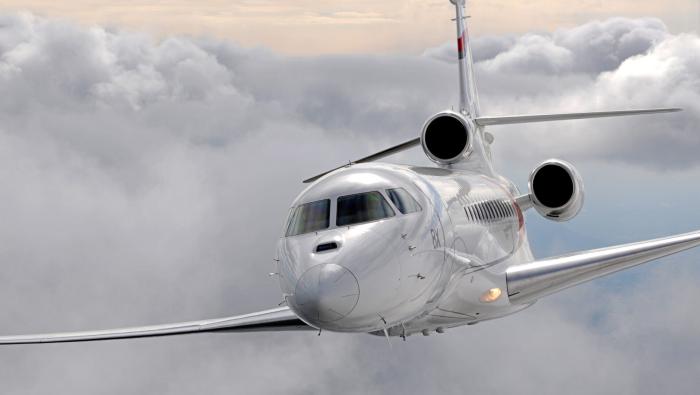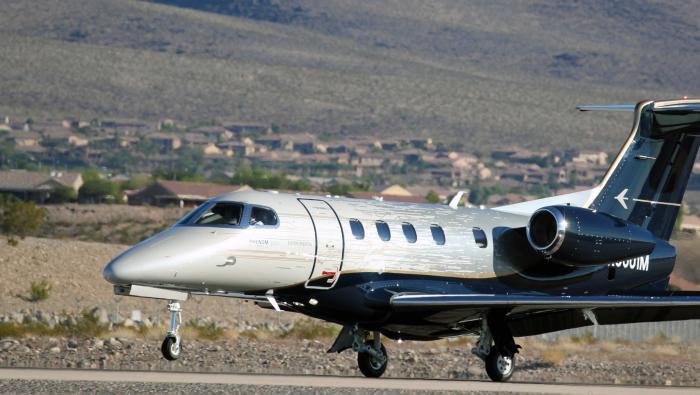Boeing has embarked on a series of important initiatives–including a joint-venture proposal–that strengthens its ties with India. In the process, the company is hoping to become what Boeing India’s president, Ian Thomas, described as “India’s preferred aerospace and defense partner and provider.” Boeing currently is competing with five of the world’s major fighter manufacturers for a 126-aircraft order from the Indian Air Force.
The manufacturer has been active in India for decades, and its escalating involvement was reflected in December 2003 by the establishment of a wholly owned subsidiary, Boeing International Corporation India Private Ltd. (BICIPL). Growth in business opportunities has increased since, and continues to do so with a flurry of new initiatives announced this year.
In late January, Boeing appointed Naveed Hussain to be vice president of engineering and technology, reporting to both Boeing India and the company’s Office of Technology. Within days of his appointment, Hussain announced an agreement with the Indian Institute of Science and Indian technology companies Wipro and HCL Technologies. The resulting Aerospace Network Research Consortium–a four-year collaborative effort led by Boeing to develop wireless and other network technologies for aerospace applications–is India’s first public-private aerospace research teaming.
On the commercial side, Boeing welcomed TAL Manufacturing Solutions into the 787 family in early February. The wholly owned subsidiary of Tata Motors will build floor beams for the Dreamliner at a new plant at Nagpur.
A week later–on February 14–Boeing and Tata Industries agreed on a plan to form a joint-venture company. The new entity is scheduled for establishment in June 2008, after which it will begin supplying components into Boeing’s defense aircraft, such as the F/A-18 Super Hornet, the P-8 maritime patrol aircraft and the CH-47 Chinook. The establishment of manufacturing capabilities in the initial phase could later encompass more programs, including the Indian Air Force fighter deal, should Boeing be successful with its Super Hornet bid.







